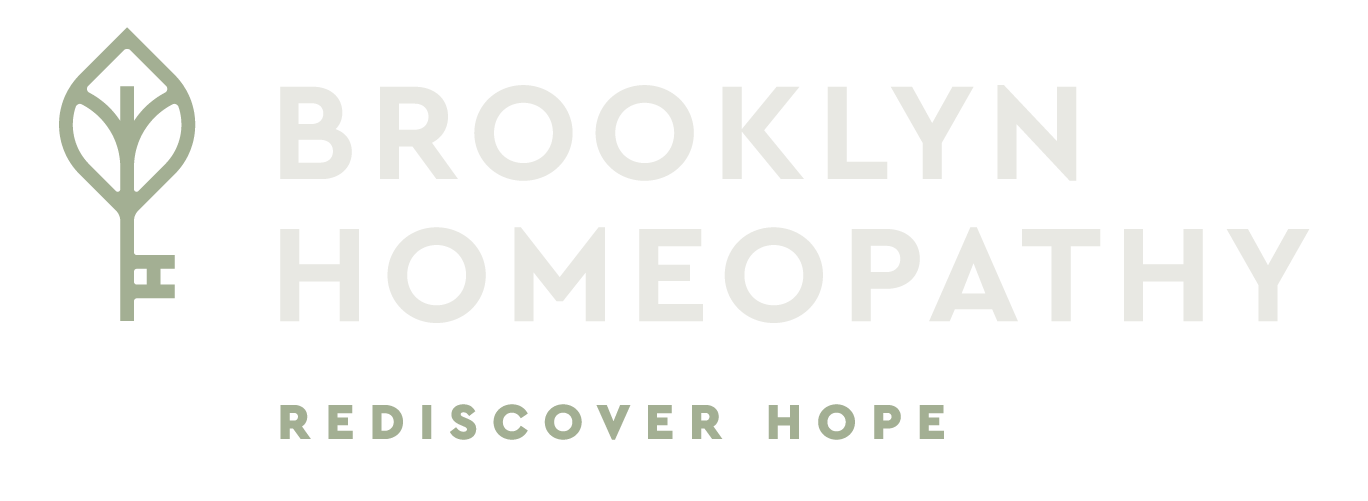I recently reviewed Francesca Zuckerman’s letter to the editor, where she claimed that homeopathy is merely a placebo and lacks scientific research. It’s essential to address these false claims to ensure your audience isn’t misled by such misinformation.
Skepticism surrounding the efficacy of homeopathy, met in large part by those who haven’t used this treatment, is not a new phenomenon. In fact, from the very beginning this medical modality has been questioned and maligned. One such pioneering skeptic was Dr. Constantine Hering. In the early 1800’s, he was planning to write an anti-homeopathy book, but all his experiments pointed to the fact that homeopathy actually worked. In 1824, he was cured of gangrene (localized death of body tissue), and his hand was saved from amputation with a homeopathic remedy called Arsenicum. After his remarkable healing experience, not surprisingly, Dr. Hering became a complete convert and founded a famous homeopathic college in Allentown, Pennsylvania. He is now frequently referred to as the “Father of American Homeopathy.”
Fast forward, peer-review journals have conducted and published research on homeopathic medicines with favorable clinical results. Numerous scientific studies have substantiated the biological activity of homeopathic remedies, proving that this science-backed treatment is far from experimental recklessness.
In her letter to the editor, Zuckerman completely overlooks the wealth of high-quality studies that validate the efficacy of homeopathic remedies across a range of conditions.
Here’s one remarkable study to consider: A 2020 randomized, placebo-controlled study, published by the National Library of Medicine, evaluated the possible effects of additive homeopathic treatment in patients with advanced non-small cell lung cancer. The study found that the quality of life significantly improved in the group treated with homeopathy compared to the placebo group. Additionally, the homeopathically treated group demonstrated longer survival rates.
This study not only underscores the efficacy of homeopathy but also refutes assertions suggesting that its effects are merely attributable to a placebo effect. As Linda Johnston, MD, DHt says in the 2024 film, Introducing Homeopathy, “Generally placebo, in all the studies that have happened, has about a 30% response rate. When we treat patients and get 80-90% response rate, that is certainly not placebo.”
These claims are further rebutted by the remarkable results of homeopathic treatment in animals and its success in treating acute conditions in young children, both of whom render the placebo effect an untenable explanation.
I’ve personally witnessed the power of homeopathy countless times, especially when treating my young children for croup. Remedies like Aconite or Spongia have worked within minutes to resolve their symptoms, providing rapid relief.
Zuckerman references a 2015 study but overlooks a more recent and compelling one published in Advances in Therapy in November 2024. This peer-reviewed medical journal, known for its focus on clinical medicine and pharmaceutical research, highlights numerous studies on the value of homeopathy in treating a wide range of conditions. These include depression, asthma, middle-ear inflammation, migraines, neurosis, allergies, joint disorders, insomnia, sinus inflammation, urinary tract infections, and acne, among others. The conclusion? “The current evidence supports a positive role for homeopathy in health and wellbeing across a broad range of different diseases in both adult and pediatric populations.”
Another groundbreaking study from 2024, published in the Journal of Molecular Liquids, provides further validation for homeopathy. Utilizing advanced techniques like Transmission Electron Microscopy (TEM), Raman Spectroscopy, and Deep Learning (DL) algorithms, researchers led by Dr. Camellia Grosan and Prof. George Vithoulkas confirmed the activity of homeopathic remedies. Their analysis of potentized gold solutions (Aurum Met) demonstrated clear, measurable effects, adding yet another layer of scientific support to this field.
Numerous scientific studies supporting alternative medicine are readily available for those willing to explore them. In addition, the federal National Health Interview Survey, analyzed by a team at Harvard University, reveals that approximately 7 million Americans use homeopathy, with its popularity steadily growing. Users are often highly educated, health-conscious individuals. Meanwhile, in Switzerland, homeopathy remains an integral part of the public healthcare system, delivered alongside mainstream medicine—a testament to its accepted value in parts of the world.
Contrary to Zuckerman’s claims, it’s not just homeopaths who recognize and promote the value of homeopathy. For those who place greater trust in conventional physicians, consider the words of Dr. Charles Frederick Menninger, MD: “Homeopathy is wholly capable of satisfying the therapeutic demands of this age better than any other system or school of medicine… Instead of constantly managing disease, homeopathy will effectively restore health instead of putting a bandaid on the symptoms.”
Many doctors stand by the effectiveness of homeopathy, including Joseph A. Prahlow, MD, Professor of Pathology at St. Louis University School of Medicine, who writes: “Those of us who have been the beneficiaries of homeopathic care, or who have seen the benefits in others, know with no doubt whatsoever that homeopathy represents a truly amazing form of alternative medicine that is able to successfully treat patients having a wide range of health concerns, including some very ill individuals.“
Over the years, my children have experienced remarkable healing through homeopathy for various ailments, including conjunctivitis, croup, impetigo, flu, sore throats, colds, headaches, molluscum, and even anxieties or restless behaviors.
While I acknowledge that some modalities may exploit the vulnerable with false claims of healing, homeopathy isn’t one of them. Homeopathy is not a modality or therapy, but an entire system of medicine through which millions have found genuine healing.
I urge Family First to explore the wealth of high-quality scientific data available rather than perpetuating unsubstantiated biases against homeopathy. Misrepresenting its healing benefits places a stumbling block before those seeking solutions for chronic health issues. This is a vital matter that significantly impacts the well-being of countless families.
